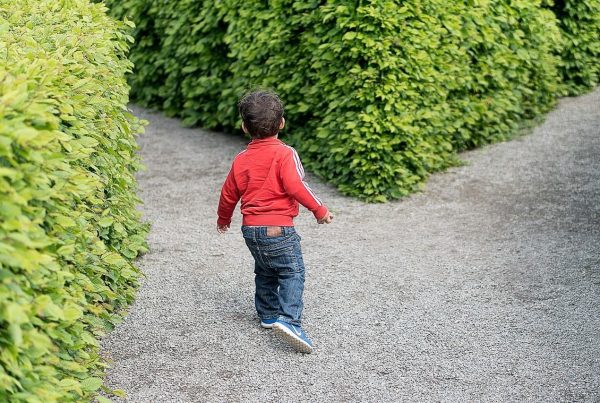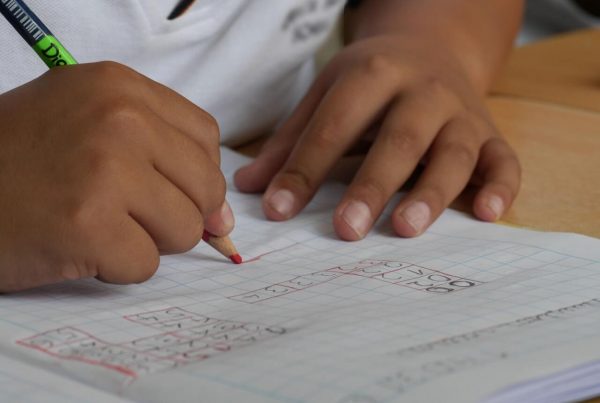
If you’re considering how to boost your child’s self-esteem, you should know that it may not always be as easy as it seems. It’s not as simple as being liberal with your praise or telling your child that they deserve a reward. In fact, being overly excited about your child’s abilities can be worse for their confidence than withholding praise entirely. Here are a few tips for making it easier both for you and for them.
Building Self Esteem in Children
Here are a variety of everyday tips to help boost your child’s self-esteem.
- Let them decide: As easy as it may be to tell your child what to do, this will invariably send the message that they can’t decide for themselves. Letting them choose what activity or games to engage in, and how to go about each activity or task completion may initially take more work (for you and for them). However, giving them this freedom to choose within structure will let them know that they’re capable and facilitate their independence in the long run.
- Assign responsibility: Most parents vastly underestimate their child’s abilities, which will lead them to expect less of themselves. Children don’t need to be mowing the lawn if they’re not physically capable of handling large machinery, though they can likely take on far more responsibilities than they have now. Taking care of the family pet, folding laundry, and setting and clearing the dinner table are everyday responsibilities even for a kindergartener. Having household responsibilities help children feel that they are valuable members of a family, which is a confidence boost.
- Be specific with acknowledgments: If your child is doing the right thing, let them know exactly what it is that they did right. Reinforce the desirable behavior by acknowledging exactly what you appreciate, such as specific details of their drawings or the thoughtfulness behind a nice gesture they demonstrated. Avoid using empty words, such as “Good job” or “You’re so smart”, which doesn’t indicate the specific behavior that’s “good” and may actually set up unwanted expectation to repeat the vague behavior.
- Cultivate realistic expectations: Rather than glossing over the mistakes your child makes to avoid negative feelings, remind them that you and everyone else make mistakes and perfection isn’t a realistic expectation. By demonstrating the mistakes you make and verbalizing what you have learned and can do differently next time without the unnecessary unproductive comments or negative labels, you’re modeling resiliency. Let them know that the real reward in life stems from being persistent and continuing on even in the face of mistakes.
Self Esteem Activities for Youth
Self-esteem activities for kids can be any task that promotes an “I can” attitude. Here are just a few suggestions to get you started:
- Riding a bike: For most kids, riding a bike teaches them the importance of sticking with something until they’ve achieved the goal.
- Puzzles: From jigsaw puzzles to math equations, you’re teaching a child the importance of mental fortitude to reach the desired result.
- Sports: Martial arts, football, ballet: no matter what it is, let your child explore the activities that interest them.
It’s important for parents to guide a child and provide ample opportunities to build self-sufficiency, yet set appropriate boundaries when it comes to safety concerns by ensuring activities are age-appropriate. The idea of building a child’s self-esteem starts with their interests, so they can learn to trust themselves when it comes to figuring out how to manage their time.
Finally, practicing what you preach is the most direct way to model and teach self-efficacy to help your child build self-esteem. Demonstrating how to set and reach realistic goals is a win-win situation that will benefit everyone in the family.



